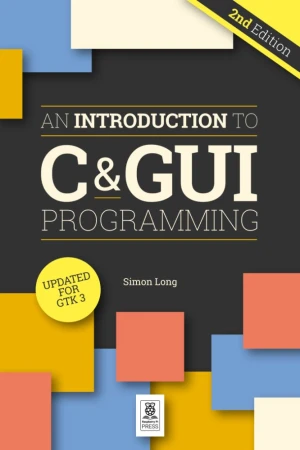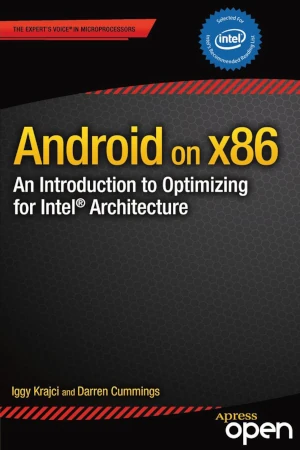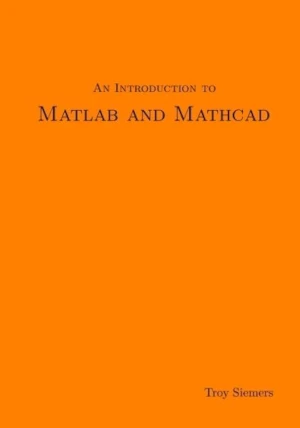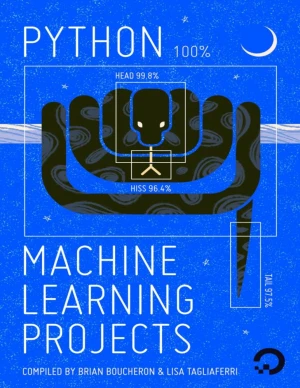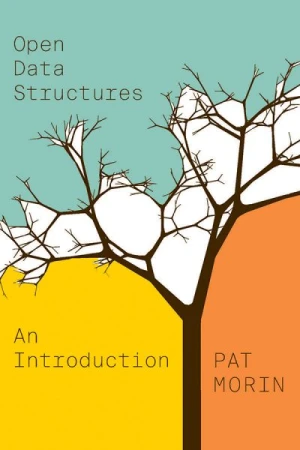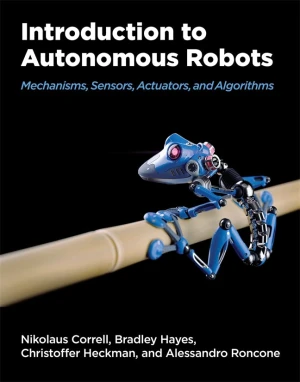Spatial Thinking in Planning Practice
An Introduction to GIS
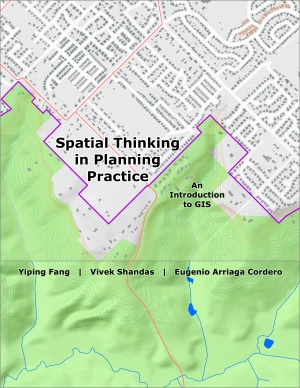
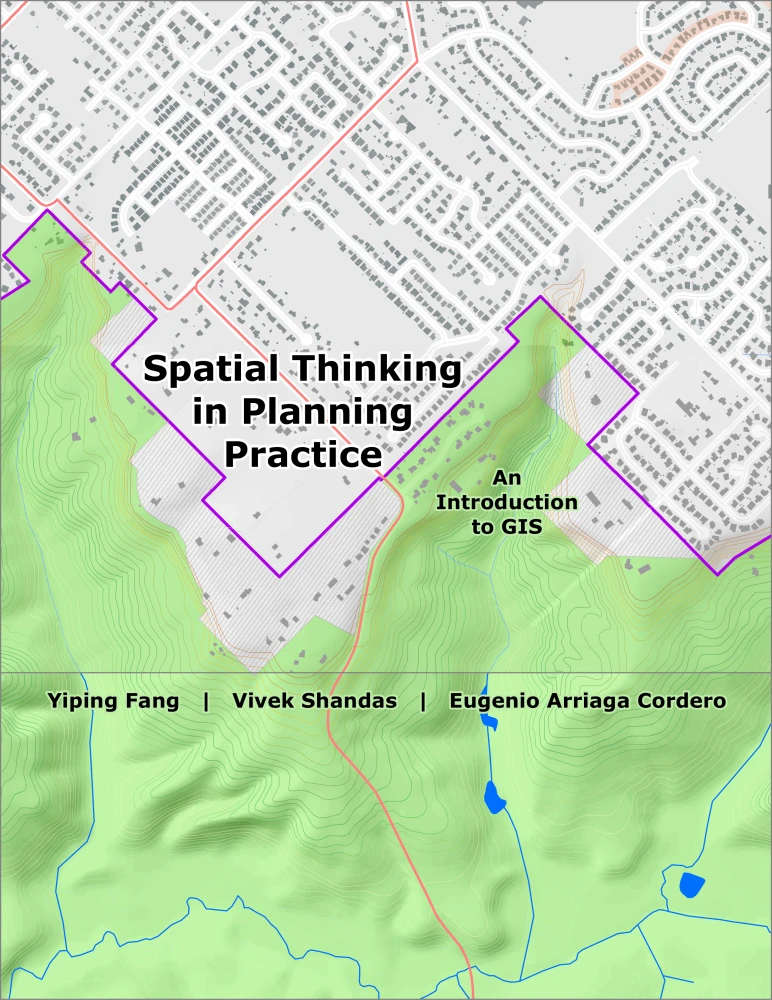
Book Details
| Authors | Yiping Fang, Vivek Shandas, Eugenio Arriaga |
| Publisher | Portland State University Library |
| Published | 2014 |
| Edition | 1st |
| Paperback | 61 pages |
| Language | English |
| ISBN-13 | 9781312778986 |
| ISBN-10 | 1312778989 |
| License | Creative Commons Attribution-NonCommercial |
Book Description
The goals of this textbook are to help students acquire the technical skills of using software and managing a database, and develop research skills of collecting data, analyzing information and presenting results. We emphasize that the need to investigate the potential and practicality of GIS technologies in a typical planning setting and evaluate its possible applications. GIS may not be necessary (or useful) for every planning application, and we anticipate these readings to provide the necessary foundation for discerning its appropriate use. Therefore, this textbook attempts to facilitate spatial thinking focusing more on open-ended planning questions, which require judgment and exploration, while developing the analytical capacity for understanding a variety of local and regional planning challenges.
While this open book provides the background for understanding the concepts in GIS as applicable to urban and regional planning, it is best when accompanied by a hands-on tutorial, which will enable readers to develop an in-depth understanding of the specific planning applications of GIS.
This book is available under a Creative Commons Attribution-NonCommercial license (CC BY-NC), which means that you are free to copy, distribute, and modify it, as long as you attribute the source and don't use it for commercial purposes.
If you enjoyed the book and would like to support the author, you can purchase a printed copy (hardcover or paperback) from official retailers.
Download and Read Links
Share this Book
[localhost]# find . -name "*Similar_Books*"
An Introduction to C & GUI Programming, 2nd Edition
Freshly updated for GTK3, the 2nd edition of An Introduction to C & GUI Programming will teach you all you need to know to write simple programs in C and start creating GUIs, even if you're an absolute beginner. The first half of the book is an introduction to C, and covers the basics of writing simple command-line programs. The second half shows h
Android on x86
Android on x86: an Introduction to Optimizing for Intel Architecture serves two main purposes. First, it makes the case for adapting your applications onto Intel’s x86 architecture, including discussions of the business potential, the changing landscape of the Android marketplace, and the unique challenges and opportunities that arise from x86 de
An Introduction to Matlab and Mathcad
This text is used in a mathematical software course at VMI that provides an introduction to Matlab and Mathcad. However, Troy Siemers also intends it to be a course book instead of an all inclusive resource. He encourages his students to take full advantage of the built-in help capabilities of these software packages, additional texts (he keeps a f
Python Machine Learning Projects
As machine learning is increasingly leveraged to find patterns, conduct analysis, and make decisions - sometimes without final input from humans who may be impacted by these findings - it is crucial to invest in bringing more stakeholders into the fold. This book of Python projects in machine learning tries to do just that: to equip the developers
Open Data Structures
Offered as an introduction to the field of data structures and algorithms, Open Data Structures covers the implementation and analysis of data structures for sequences (lists), queues, priority queues, unordered dictionaries, ordered dictionaries, and graphs. Focusing on a mathematically rigorous approach that is fast, practical, and efficient, Mor
Introduction to Autonomous Robots
Textbooks that provide a broad algorithmic perspective on the mechanics and dynamics of robots almost unfailingly serve students at the graduate level. Introduction to Autonomous Robots offers a much-needed resource for teaching third- and fourth-year undergraduates the computational fundamentals behind the design and control of autonomous robots.

